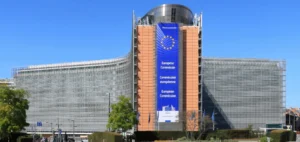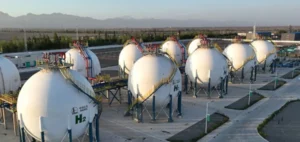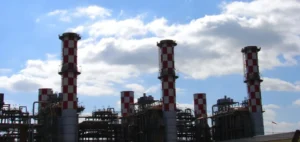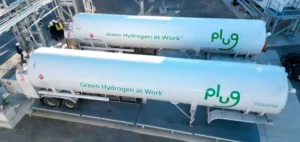Denmark and Germany have signed an agreement to build a “green” hydrogen pipeline linking the two countries. This alliance aims to convert Danish solar and wind energy into hydrogen for use as fuel in air, land and sea transport as well as in industry. The pipeline is planned for 2028 and will reduce CO2 emissions that are harmful to the climate.
“Soon we will be more than self-sufficient in green electricity, and it must be used to produce green fuels for export,” said Danish Minister of Climate and Energy Lars Aagaard. This initiative is part of the two countries’ desire to reduce their dependence on fossil fuels and to fight climate change.
Green” hydrogen is produced from renewable electricity, using electrolyzers to separate water into hydrogen and oxygen. The gas produced can be stored and transported via pipelines and used as a clean and sustainable fuel.
Germany had already agreed on a similar project with Norway earlier this year as part of its efforts to decarbonize its economy. The Danish fund Everfuel and its French partner Hy24 have also announced a €200 million investment to finance green hydrogen production infrastructures in the Nordic countries.
With this alliance, Denmark and Germany position themselves as leaders in the energy transition in Europe, and show the importance of international cooperation in the fight against climate change.






















